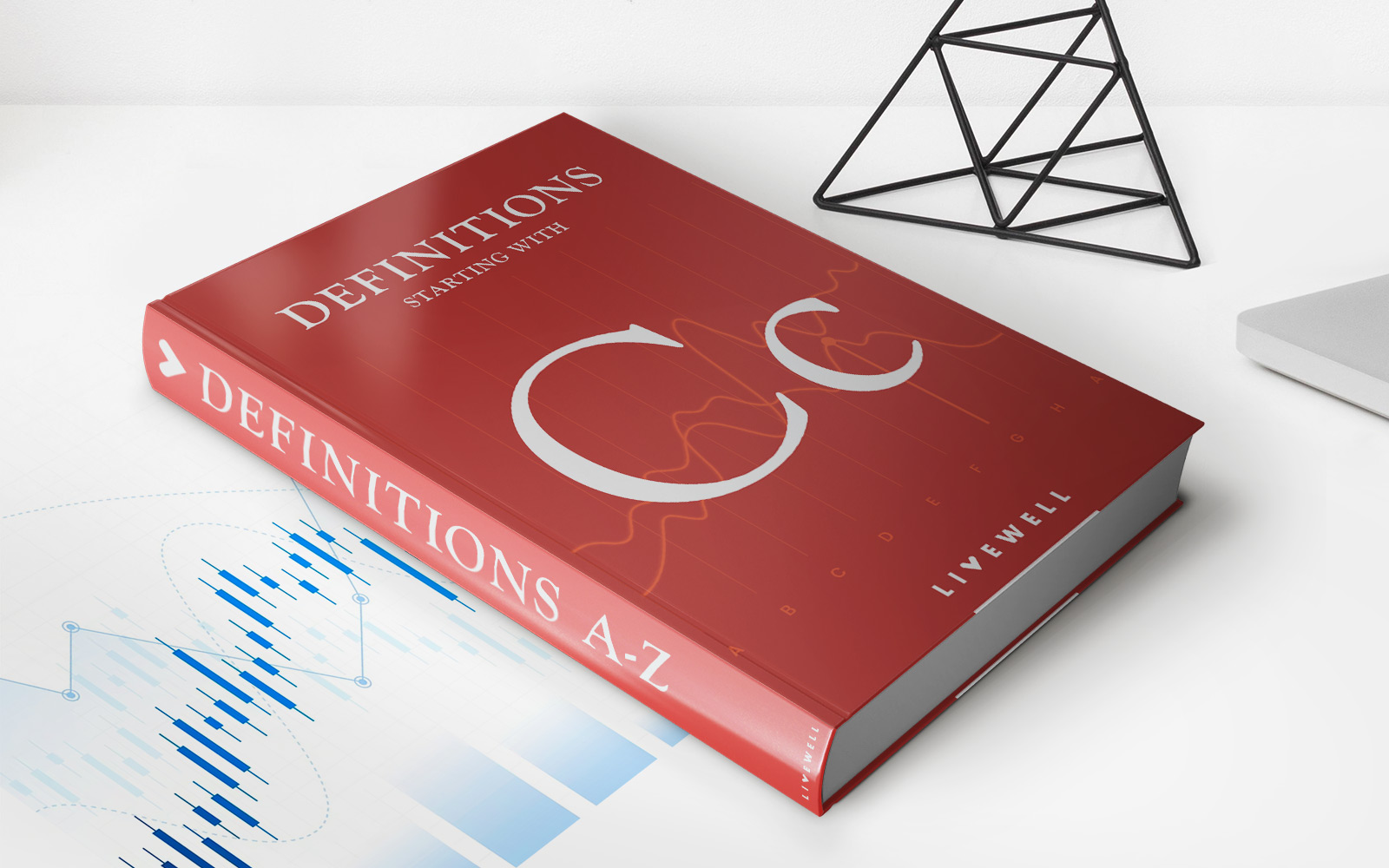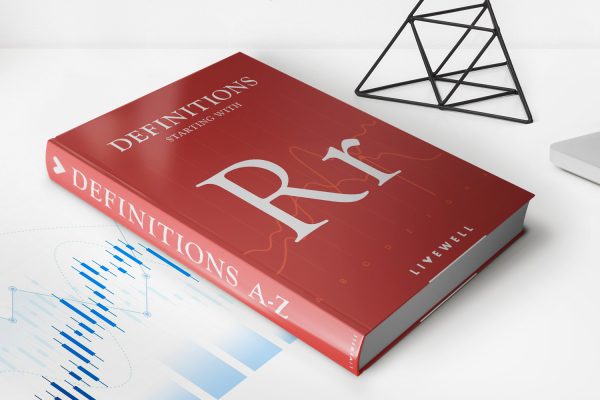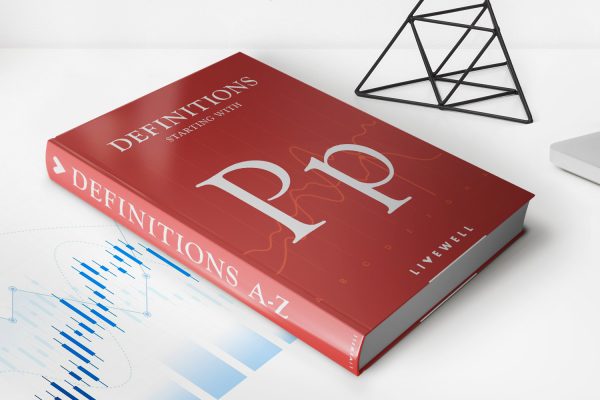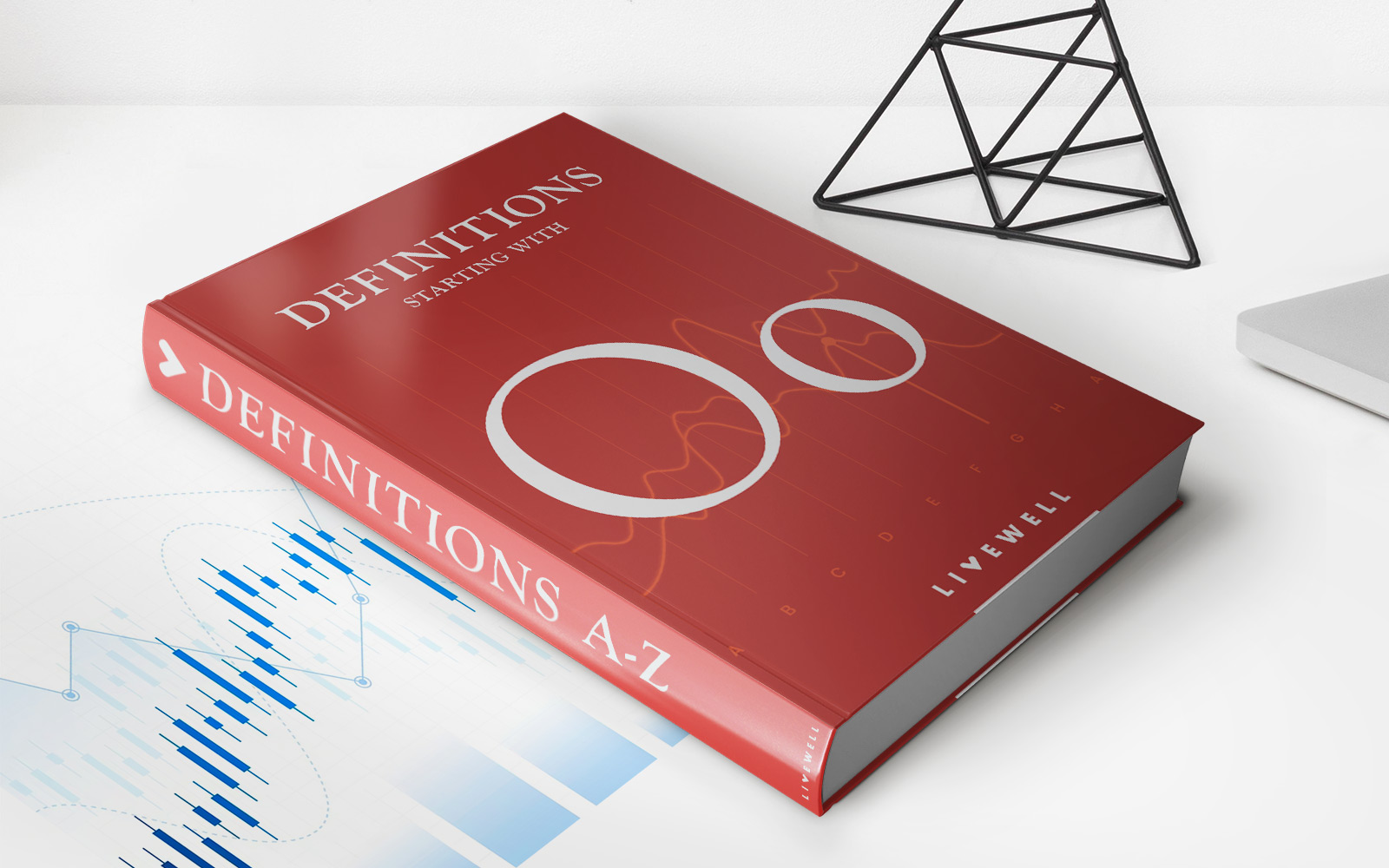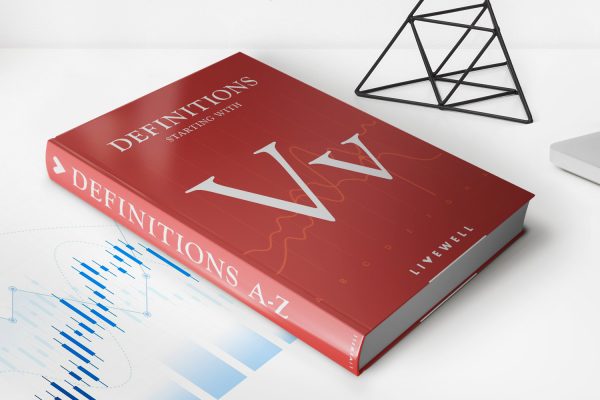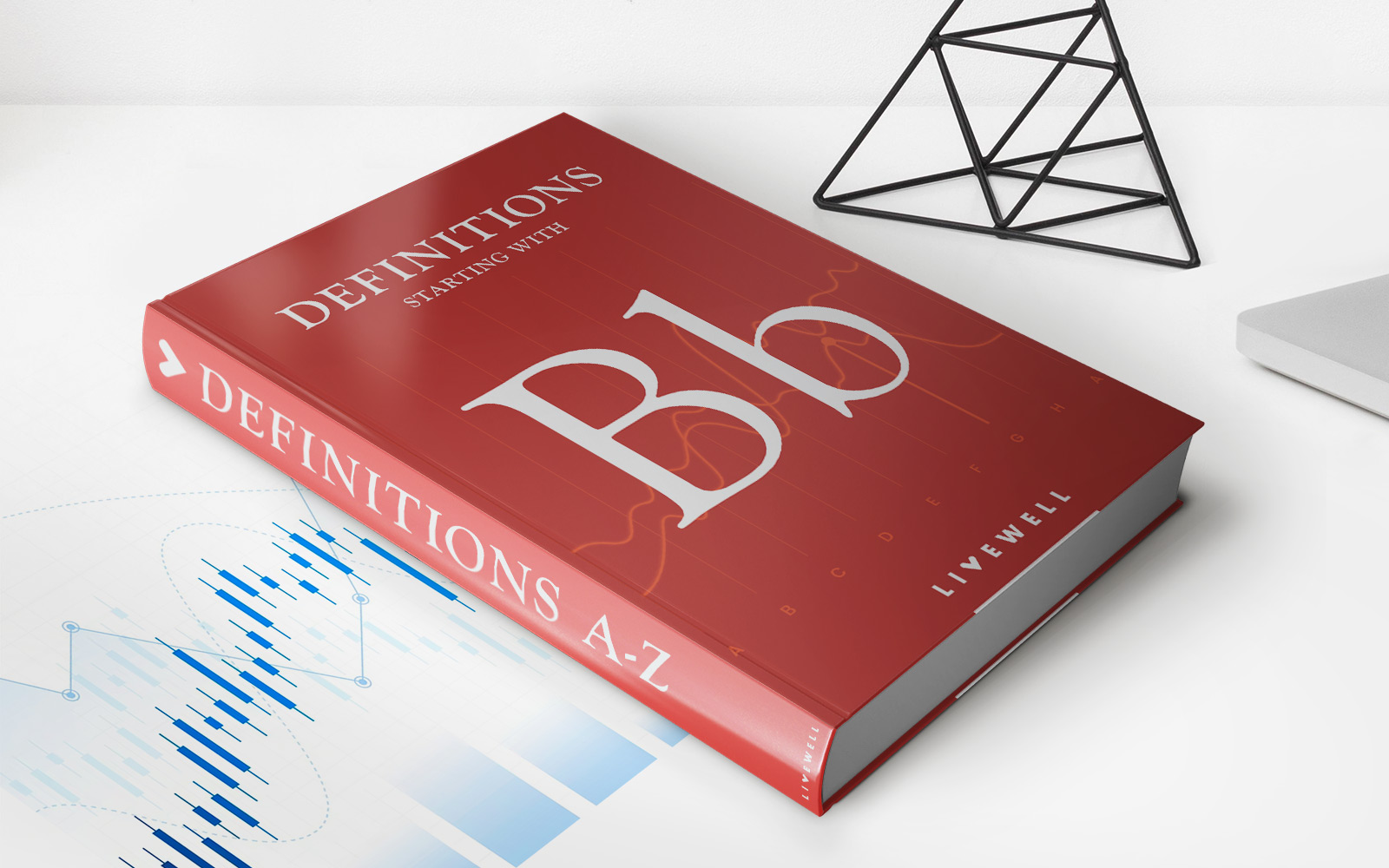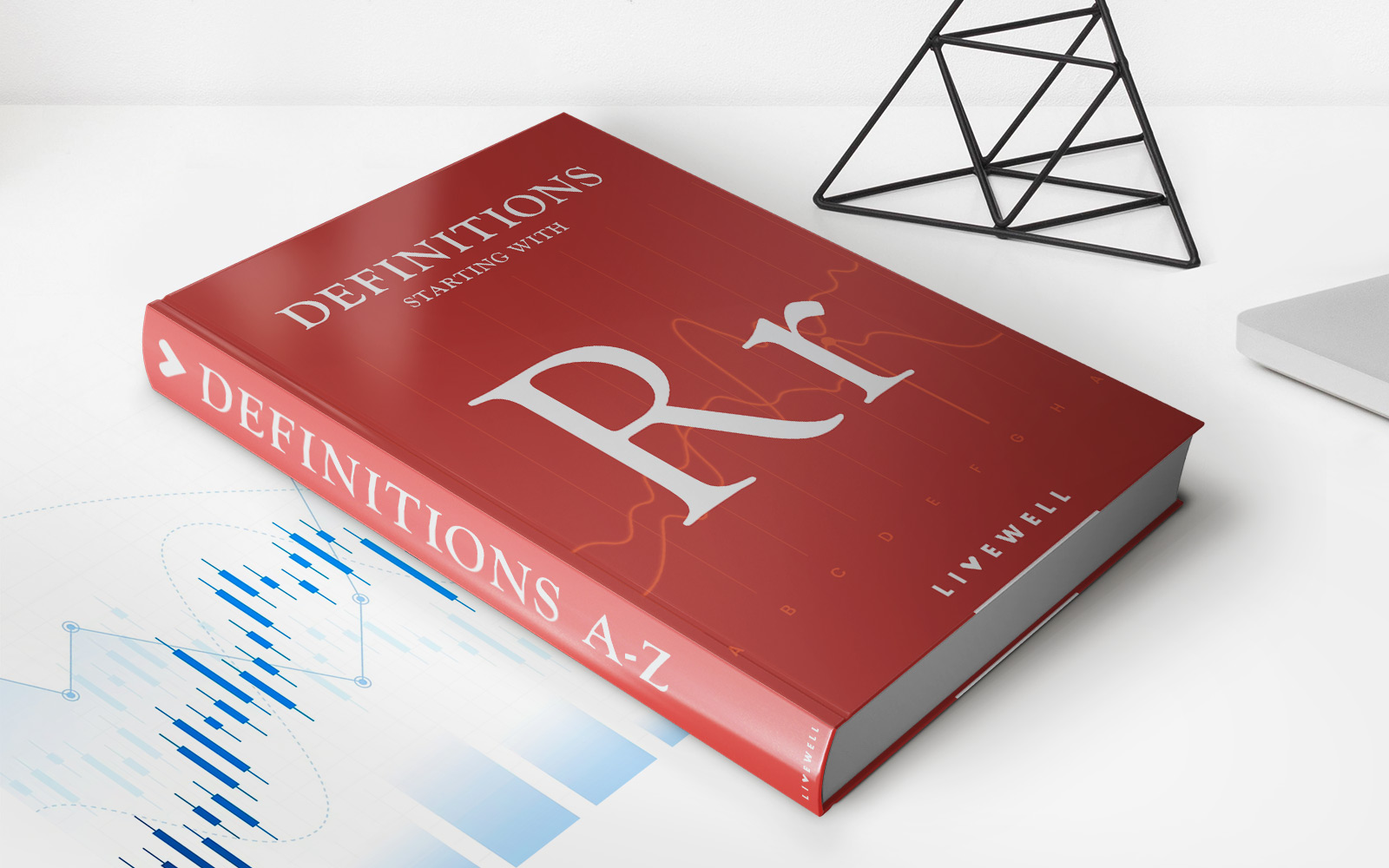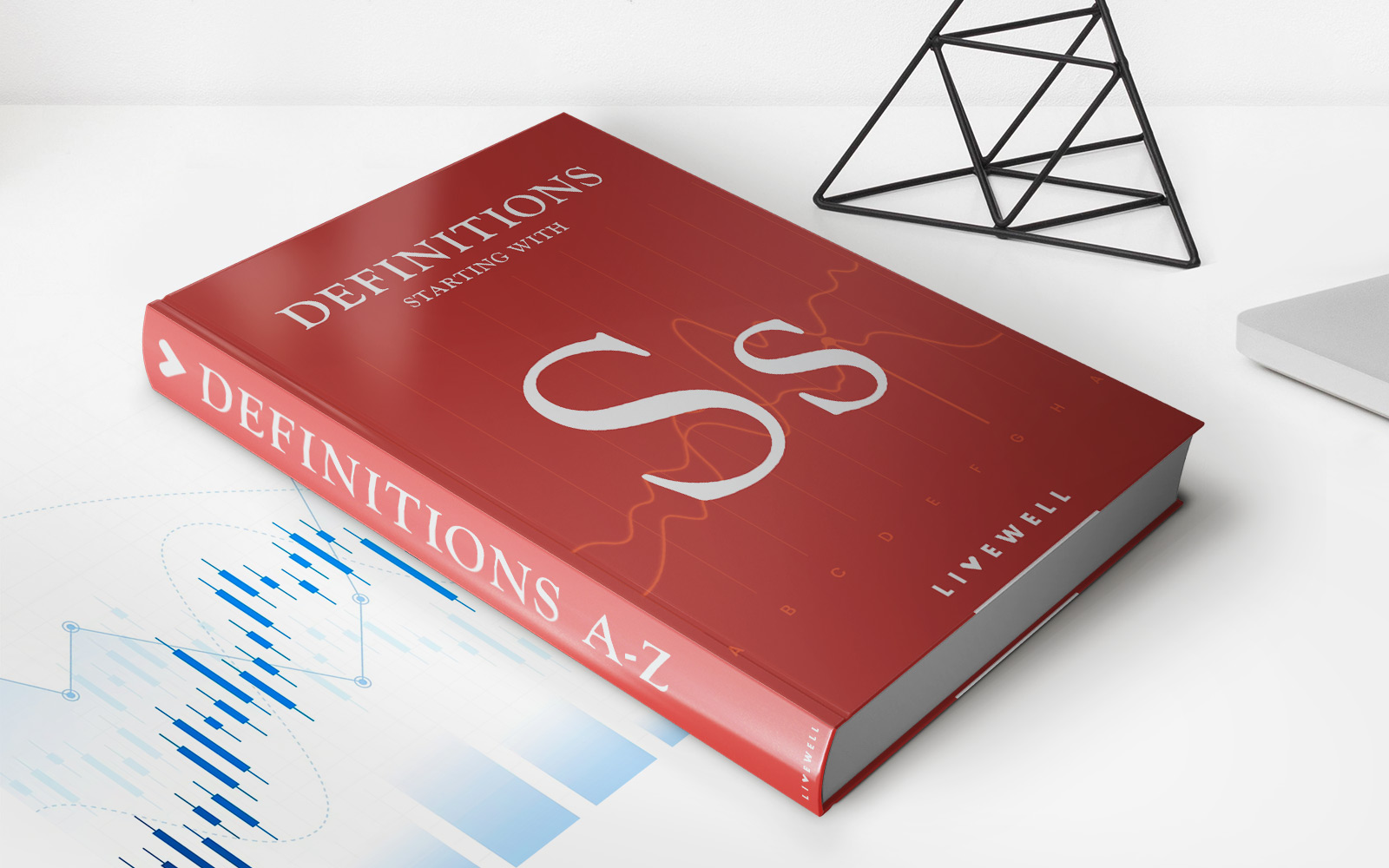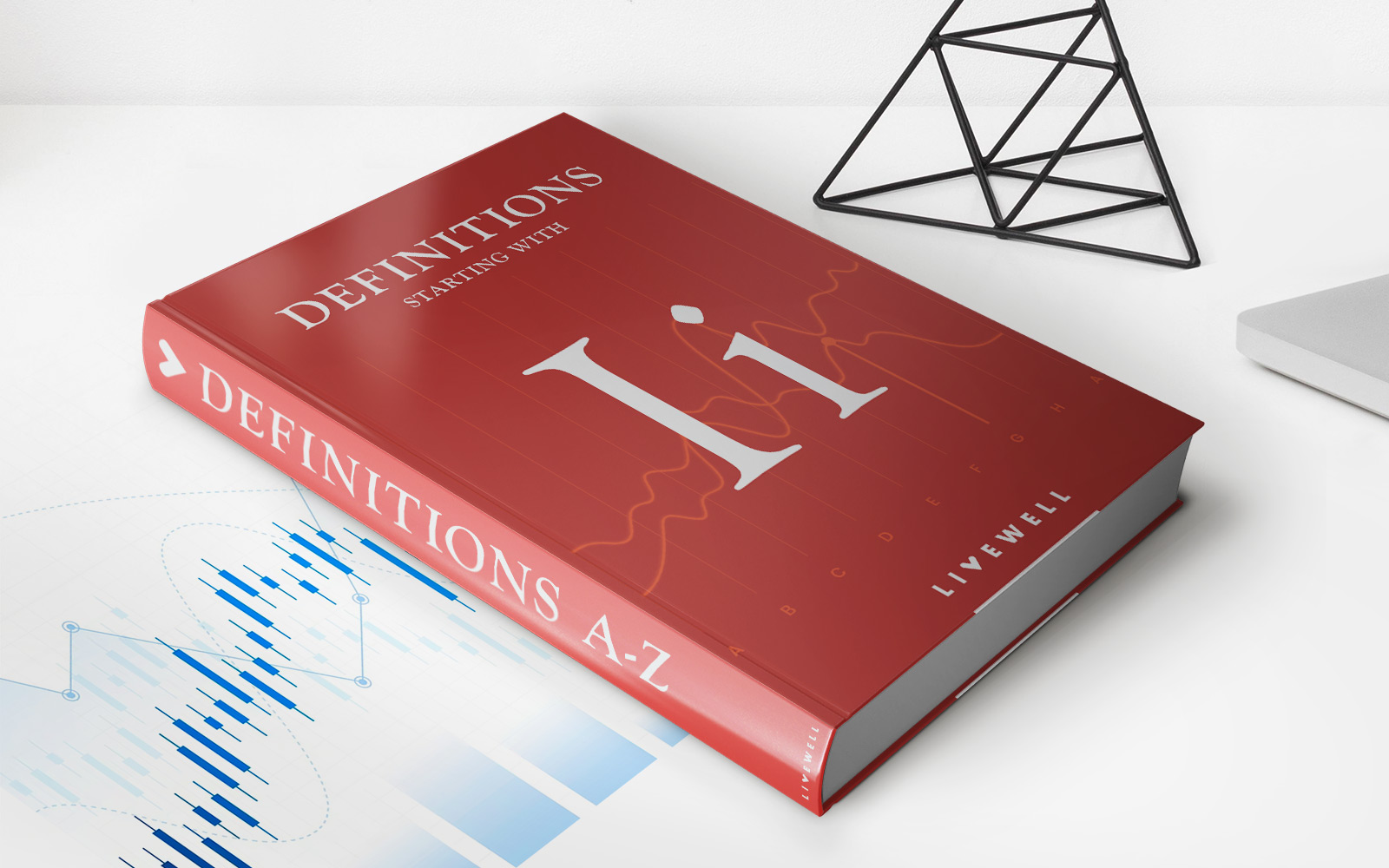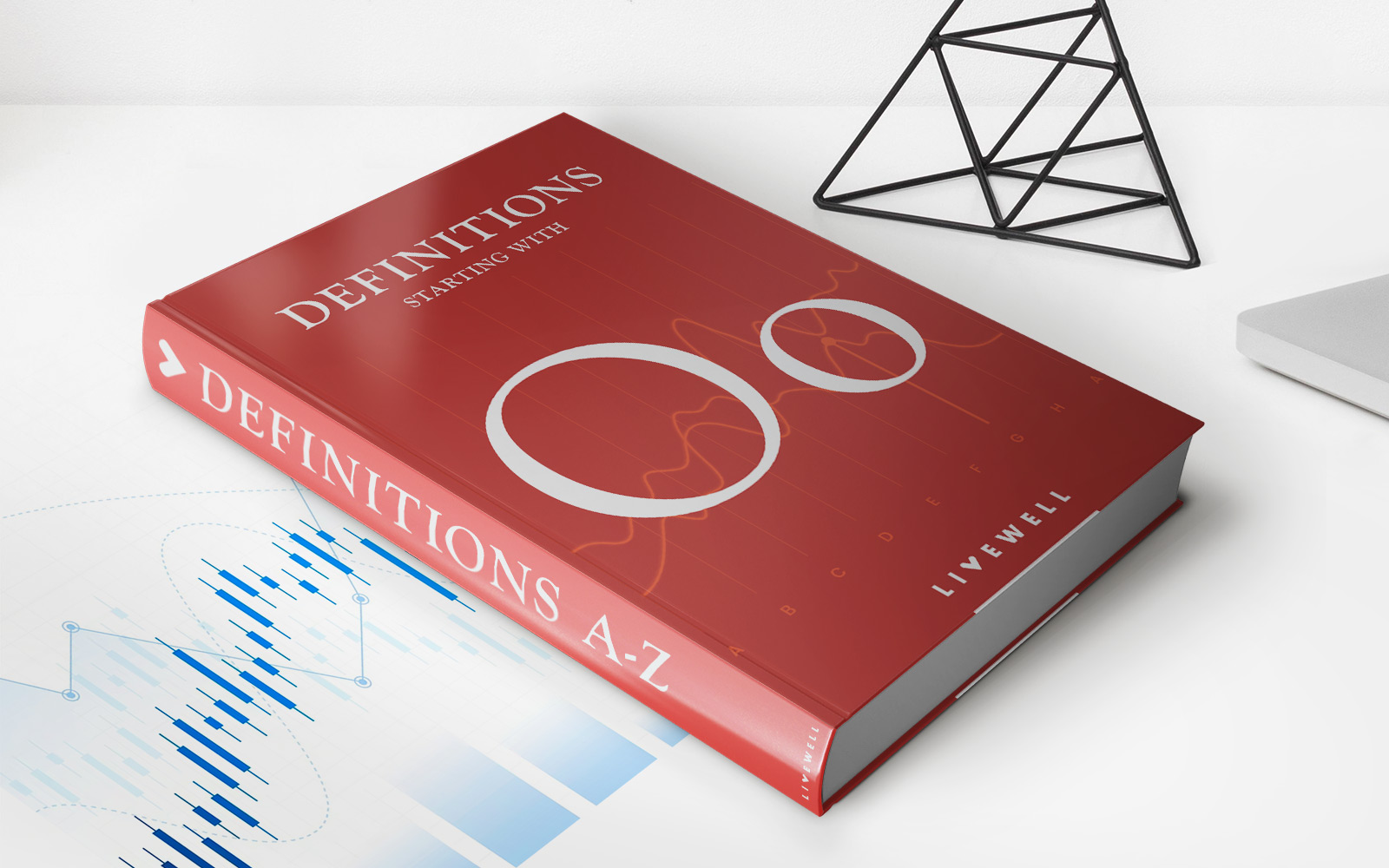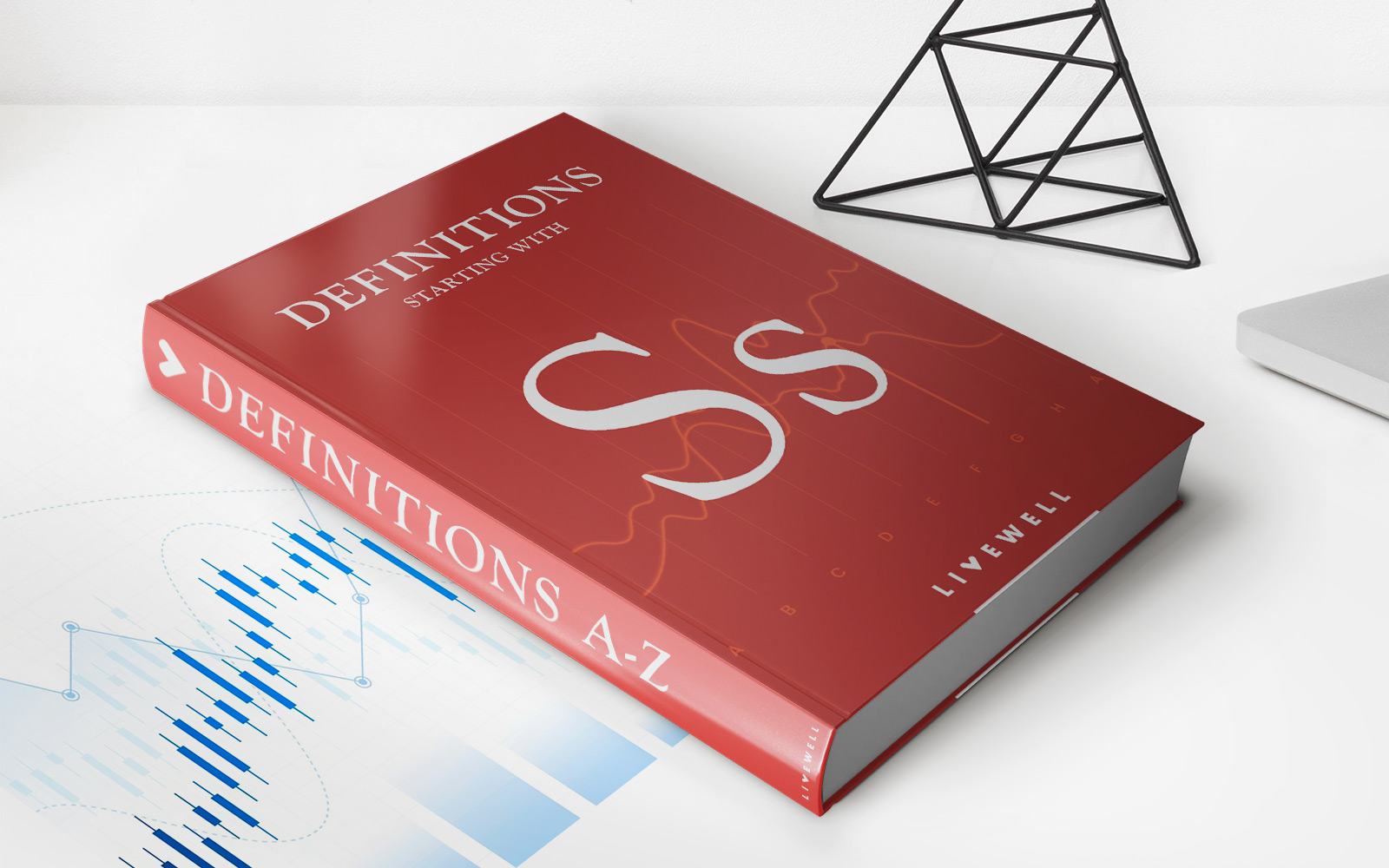Home>Finance>What Is An Economic Man? Definition, Use In Analysis, And History
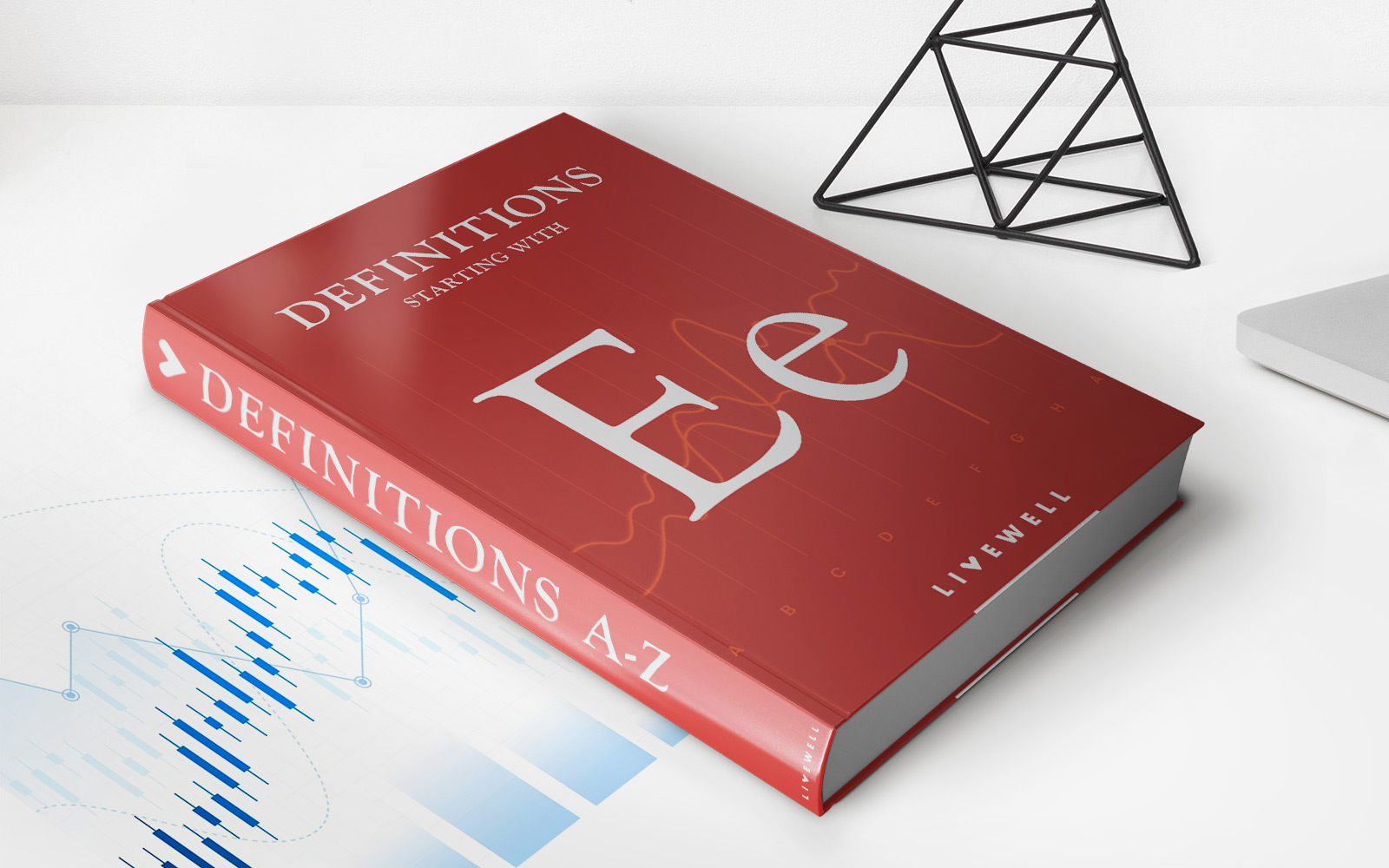

Finance
What Is An Economic Man? Definition, Use In Analysis, And History
Published: November 16, 2023
Discover the definition and significance of an economic man in finance. Learn how this concept is used in analysis and explore its fascinating historical roots.
(Many of the links in this article redirect to a specific reviewed product. Your purchase of these products through affiliate links helps to generate commission for LiveWell, at no extra cost. Learn more)
What Is an Economic Man? Definition, Use in Analysis, and History
Welcome to another informative blog post in our “FINANCE” category. Today, we will be exploring the concept of an Economic Man. If you’ve ever wondered what an Economic Man is and how it fits into economic analysis, you’ve come to the right place! In this post, we will define the term, discuss its use in economic analysis, and delve into its historical origins. So, let’s dive in!
Key Takeaways:
- An Economic Man is a theoretical concept used in economics to represent a theoretical individual who makes rational decisions based solely on maximizing his own self-interest.
- Economic Man is a simplified representation that helps economists analyze and predict human behavior in the field of economics.
Defining the Economic Man
The term “Economic Man” refers to a theoretical construct used in economic analysis to model the behavior of individuals within the framework of economic decision-making. According to this concept, the Economic Man is driven by self-interest and rationality, always striving to maximize his own economic well-being.
This concept assumes that individuals objectively analyze all available information, carefully weigh the costs and benefits of every decision, and ultimately select the option that offers the greatest personal gain. In this model, emotions, social factors, and irrational behavior are excluded, as the Economic Man is considered a purely rational actor.
Use in Economic Analysis
The concept of the Economic Man is widely used in economic analysis to understand and predict human behavior in various economic scenarios. By assuming individuals always act in their own self-interest, economists can make certain predictions about how people will respond to changes in prices, income, or other economic variables.
For example, understanding the Economic Man’s response to a decrease in the price of a product can help businesses determine the demand for that product and make informed pricing decisions. Similarly, policymakers can use this concept to predict how individuals will react to changes in tax rates or government regulations.
Historical Origins
The concept of the Economic Man has a long history within the field of economics. It can be traced back to classical economists, such as Adam Smith and David Ricardo, who laid the foundations of modern economic theory in the 18th and 19th centuries.
Over time, the concept has evolved and been refined by various economists, including John Stuart Mill and Alfred Marshall. While the Economic Man remains a simplified representation of human behavior, it continues to be a valuable tool for economic analysis, providing insights into how individuals make economic decisions.
However, it is important to note that the Economic Man is not an accurate reflection of actual human behavior in all circumstances. Humans are complex beings influenced by a wide range of factors beyond pure rationality. As such, economists today recognize the limitations of the Economic Man concept and incorporate other theories, such as behavioral economics, to provide a more comprehensive understanding of human decision-making.
Conclusion
In conclusion, the concept of the Economic Man is a theoretical construct used in economic analysis to model the behavior of individuals within the framework of economic decision-making. While the Economic Man represents a simplified version of human behavior, it provides economists with a valuable tool for understanding and predicting economic outcomes.
However, it is important to remember that the Economic Man is not a perfect representation of actual human behavior, as humans are influenced by various factors beyond pure rationality. Nonetheless, by utilizing the concept of the Economic Man alongside other theories, economists continue to advance our understanding of how individuals respond to economic incentives and make decisions that impact the world of finance.
